The work, recently presented in the scientific journal Food and Function, shows how polyphenol oxidase, an enzyme found in many fruits and vegetables, affects flavonoids in other fruits.
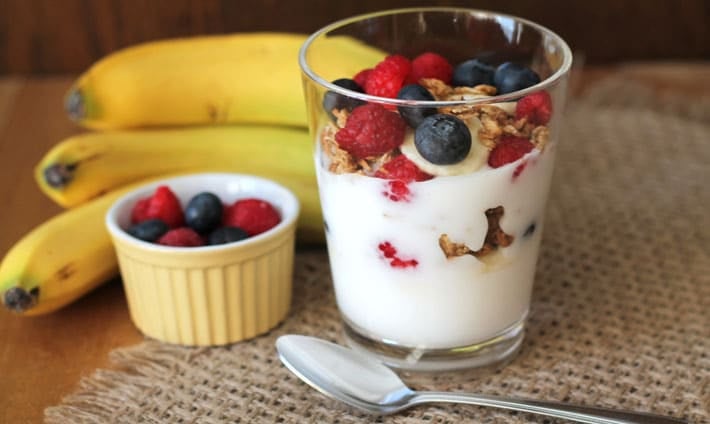
Bananas are great to eat, but they can be a nuisance if eaten or drunk with fruits rich in flavonoids - Illustration from the Internet
Flavonoids are a group of biologically active compounds with high antioxidant and anti-inflammatory properties, which have been proven to be extremely good for health, contributing to reducing the risk of many groups of diseases including cardiovascular, metabolic, cancer...
Flavonoids are abundant in fruits such as apples, pears, grapes, strawberries, blueberries, raspberries, cocoa...
However, a breakfast consisting of cereal, yogurt mixed with a few blueberries, strawberries, apples, bananas... or a banana-cocoa smoothie that many people love may not be as good as expected.
The culprit lies in bananas, which are rich in polyphenol oxidase.
According to Dr. Javier Ottaviani, Director of the Mars Edge Key Laboratory in the Department of Nutrition at UC Davis, this fruit, which is popular because it brings a special flavor to smoothies or mixed fruit dishes, reduces the body's ability to absorb flavonoids.
This was later confirmed by a clinical trial.
Blood and urine samples from people who drank a mixed smoothie containing bananas and various berries showed up to 84% lower levels of flavonoids than those who drank only the berry smoothie.
Another fruit that is high in polyphenol oxidase that is being considered is apples. However, this fruit is also extremely rich in flavonoids. It is polyphenol oxidase that causes bananas and apples to quickly turn brown if peeled and left out in the air, according to Medical Xpress.
Source





![[Photo] National Assembly Chairman Tran Thanh Man attends the VinFuture 2025 Award Ceremony](/_next/image?url=https%3A%2F%2Fvphoto.vietnam.vn%2Fthumb%2F1200x675%2Fvietnam%2Fresource%2FIMAGE%2F2025%2F12%2F05%2F1764951162416_2628509768338816493-6995-jpg.webp&w=3840&q=75)

![[Photo] 60th Anniversary of the Founding of the Vietnam Association of Photographic Artists](/_next/image?url=https%3A%2F%2Fvphoto.vietnam.vn%2Fthumb%2F1200x675%2Fvietnam%2Fresource%2FIMAGE%2F2025%2F12%2F05%2F1764935864512_a1-bnd-0841-9740-jpg.webp&w=3840&q=75)





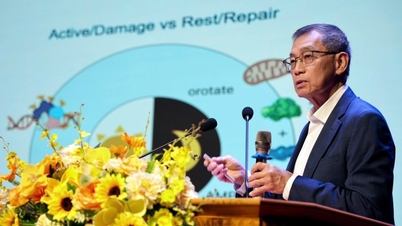

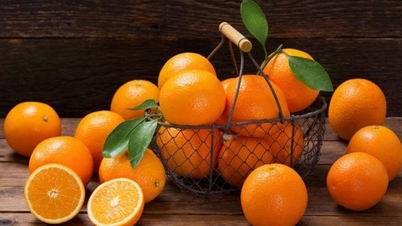


























































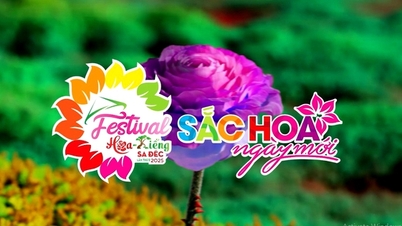

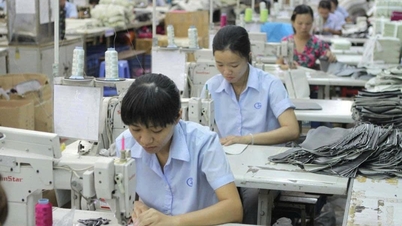
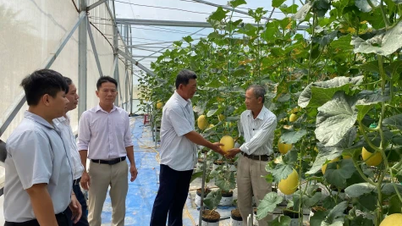



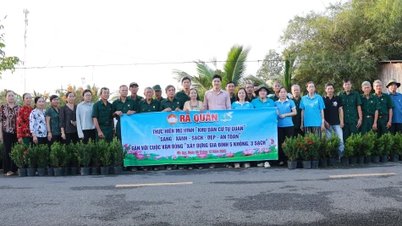














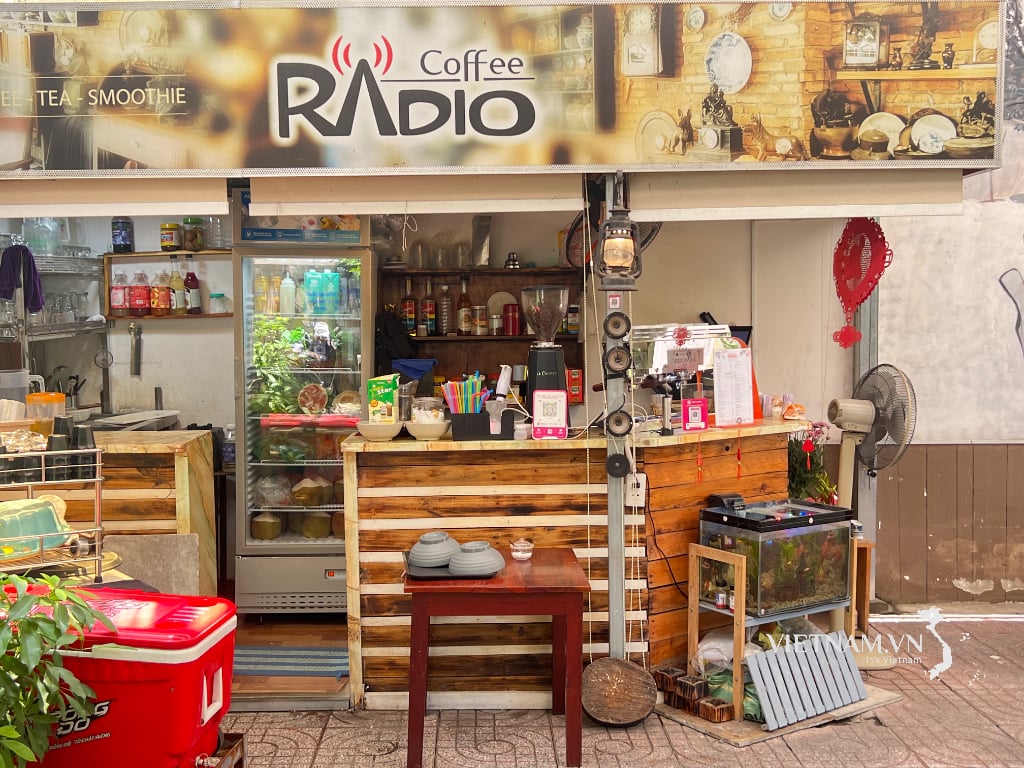






Comment (0)